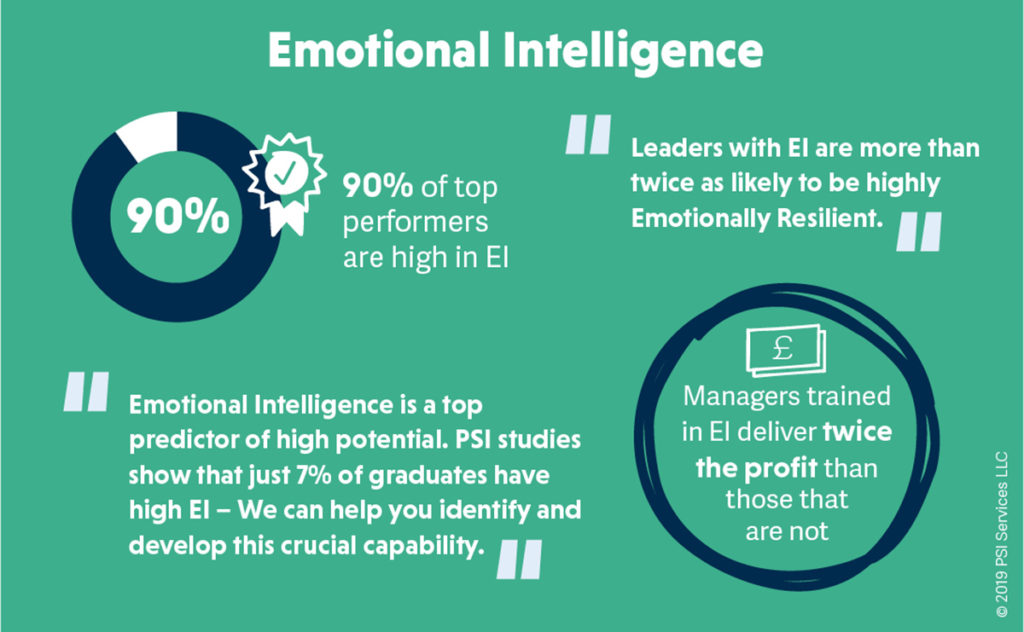One of the most common psychological concepts outside of academia is emotional intelligence, and today we will talk specifically about emotional intelligence at work.
Compared to traditional intelligence, which refers to the ability to solve problems and use logic, emotional intelligence is linked to our ability to understand and control emotions, both clean and other.
- While the skills associated with this skill can be applied to a wide variety of situations.
- It is very important to use emotional intelligence at work.
- People who have decided to discover and use it in this context see a great improvement.
- Both in their work.
- Satisfaction and in the relationship with their peers.
- Even some experts claim that this is one of the secrets to getting better wages.
Therefore, in this article we will see how it is possible to apply the concept of emotional intelligence to work, for this we will focus on three main axes: job search, professional performance and leadership. Specifically on this topic, we will clarify what emotional intelligence is and exactly what it influences.
According to the definition of Goleman, the creator of this concept, emotional intelligence consists of five different abilities:
These five dimensions are fundamental to developing emotional intelligence at work, but each will be more advantageous in a different situation.
To use emotional intelligence you must first find a job, so emotional intelligence is a fundamental ability to get a job.
Today, getting a vacancy not only depends on “technical” skills; our success will be marked by empathy, the way we communicate and social skills.
Due to the great competition in the professional market, the decision made by the human resources department can be much more influenced by emotions (yours and ours) than by our resume.
On the other hand, self-regulation will also be fundamental in finding work, without it we will not be able to persevere in the face of the first rejections, which will make it even more difficult for us to achieve a job. we like it.
Well, the use of emotional intelligence at work does not stop when we have a job, on the contrary, in an environment as demanding as that of modern companies, the five skills described by Goleman are also fundamental to our performance and emotional well-being.
Many workers say they are dissatisfied with their profession. Although, of course, many factors can influence this figure, the lack of emotional intelligence certainly has much of the responsibility for this figure to be so high:
Finally, what if you had to lead a team, would you then think that those who need emotional intelligence are the employees, wouldn’t you?
This is totally contrary to reality itself. For a boss or manager, the ability to motivate employees and understand how they feel is critical to creating a pleasant work environment, without that it would be impossible to become a leader that is better for the group, so we would have problems with our peers.

